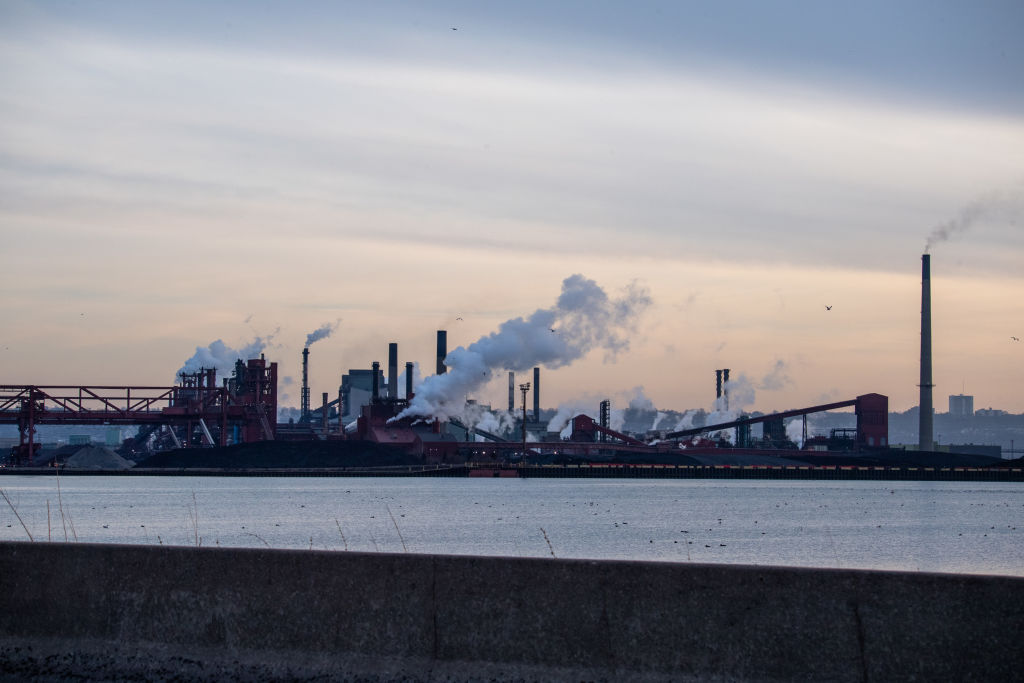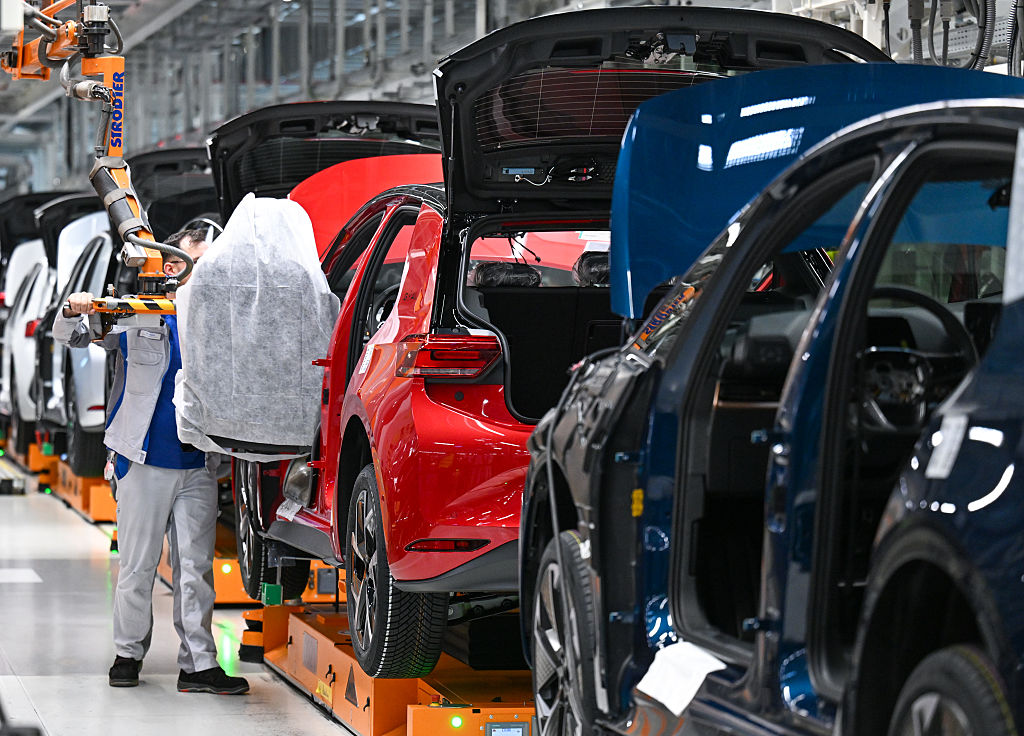Oil firms claim success as CO2 storage project comes into operation
Promoters say this proves carbon capture and storage can work – and expand

Norway has taken a major step towards its ambition of becoming a hub for permanent CO2 storage, as the Northern Lights facility – a joint venture between petroleum majors Equinor, TotalEnergies and Shell – on Monday announced the start of injection into the Norwegian continental shelf.
The project, nearly a decade in the making, provides the storage element of carbon capture and storage (CCS), a technology whose backers say could play a major role in slashing greenhouse gas emissions. The CO2 was captured at a cement factory that is also part of the €2.88 billion (NOK 34 billion) ‘Longship’ CCS project, for which the oil-rich Norwegian state is covering over two-thirds of the cost.
“This demonstrates the viability of carbon capture, transport and storage as a scalable industry,” Equinor CEO Anders Opedal said in a statement, framing the move as a “major milestone”.
The first volumes of CO2 from Heidelberg Materials’ cement plant in Brevik were transported by ship to an intermediate terminal near the western port city of Bergen. In the final step announced on Monday, Northern Lights began pumping the compressed gas through a 100-kilometre undersea pipeline for permanent storage 2600 metres beneath the seabed.
Fully booked
The company has not disclosed how much CO2 it has injected to date, nor the cost of storage at the facility. Northern Lights says it can store 1.5 million tonnes of CO₂ annually, a capacity that Equinor confirms is already “fully booked”.
The consortium has already committed to expanding capacity to 5 million tonnes a year, following a deal with the Swedish energy firm Stockholm Exergi. The expansion will cost some €635 million, of which €131 million comes from an EU grant.
Key technology or convenient excuse?
Proponents of the technology – including the European Commission – argue that CCS is indispensable for achieving net zero by 2050. But environmental groups fear that the promise of future removals could serve as an excuse to continue burning fossil fuels and deploying polluting technologies.
CCS, however, remains costly and will be economically viable in Europe only if the cost of emitting CO2 under the EU emissions trading system is greater than the price that polluting companies have to pay to capture and store it.
Alongside Heidelberg Materials’ cement plant and Hafslund Celsio’s waste-to-energy facility in Oslo, Northern Lights has signed CO2 transport and storage deals with Yara in the Netherlands, Ørsted in Denmark, and Stockholm Exergi in Sweden.
Lagging behind
The EU requires oil and gas companies operating within the bloc to put in place storage facilities with an injection capacity of 50 million tonnes a year by 2030. But the EU – of which Norway is not a member – currently hosts less then a quarter of the 3.28 million tonnes of capacity in operation across Europe, according to the International Association of Oil and Gas Producers.
At present, Italy and Croatia are the only EU countries with operational CCS projects. Norway and Iceland – both members of the European Economic Area – each host three.
“Norway’s leadership is setting the standard for Europe,” former MEP Bergur Løkke Rasmussen, now director of the lobby group CCS Europe, told Euractiv. “We should applaud their vision and use it as a lever to accelerate the deployment of CCS across the EU.”
Alexander Mäkelä, chief policy officer at Carbon Gap, another Brussels-based pro-CCS organisation, described the Northern Lights project as “Europe’s proof point that CO2 storage is real, scalable and bankable”.
“Northern Lights should give policymakers and markets the confidence to double down: storage and transport networks are not an afterthought, they are the backbone that will allow Europe to cut emissions, deliver removals, and keep its industries globally competitive,” he said.
(rh, aw)









